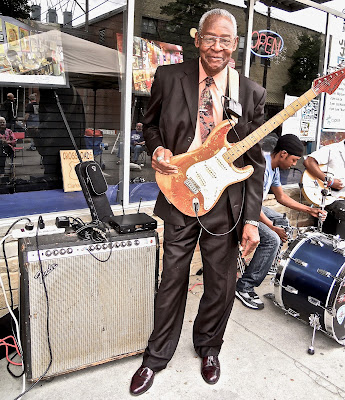Carol Elaine Channing (January 31, 1921 – January 15, 2019) was an American actress, singer, dancer and comedian who starred in Broadway and film musicals. Her characters usually had a fervent expressiveness and an easily identifiable voice, whether singing or for comedic effect.
She was born in Seattle, Washington, the only child of George Channing, a newspaper editor, and his wife, Adelaide (nee Glaser), who were both active in the Christian Science movement. After attending high school in San Francisco and Bennington College, Vermont, where she majored in drama and dance, Channing landed a job understudying Eve Arden in the Cole Porter musical Let’s Face It! (1941) on Broadway.
After touring on the nightclub circuit, she returned to Broadway in Lend An Ear, playing several parts, most notably as an over-energetic chorus girl in a spoof of 1920s musicals. This led to her being cast in the musical Gentlemen Prefer Blondes (1949-51), set in the 20s. As the gleefully scheming Lorelei Lee, who wants to marry a sugar daddy, Channing stopped the show with Diamonds Are a Girl’s Best Friend.
According to Brooks Atkinson in the New York Times: “She goes through the play like a crazed automaton – husky enough to kick in the teeth of any gentleman on the stage, but mincing coyly in high-heel shoes and looking at the confused world through big, wide starry eyes. There has never been anything like this in human society.” Channing was much closer to the character in the novel by Anita Loos than the guileless and vulnerable performance of Marilyn Monroe in the updated 1953 movie version. After a long run as Lorelei, Channing toured in a summer stock production of Pygmalion (1953) – she had studied George Bernard Shaw at university – before being back in her element (replacing Rosalind Russell), singing and dancing, on Broadway in Leonard Bernstein’s Wonderful Town (1953-54). In 1959, she starred in Show Business, an extended version of her one-woman nightclub act, in which she did a hilarious impersonation of Marlene Dietrich.
theatre, New York, in January 1964.
 |
| Carol and Ginger Rogers |
Some years later, now even more famous in the US for Dolly Levi, Channing landed her best film role in the 20s flapper-era lampoon Thoroughly Modern Millie (1967) for which she was nominated for an Oscar as best supporting actress. As the eccentric socialite widow Muzzy Van Hossmere, shrieking “Raspberries!” at odd moments, singing I’m a Jazz Baby and doing a tap dance on a xylophone, Channing stole the picture from Julie Andrews (in the title role), Mary Tyler Moore and Bea Lillie. In Skidoo (1968), Otto Preminger’s curious attempt to satirise the 60s psychedelic culture, Channing sang the title song – a hippy anthem – and did a wild LSD-fuelled striptease for the faded pop star Angie, played by Frankie Avalon.
Back on Broadway, her verve undiminished, she revisited her two signature roles, in Lorelei (1974), a slightly rewritten version of Gentleman Prefer Blondes, and in Hello, Dolly! in New York (1978) and at the Drury Lane theatre, London (1979). When she returned once more to the show in 1995, at the age of 74, Variety wrote: “Certain products of western civilisation exist beyond criticism and the ravages of time: Grant’s Tomb, the Hollywood sign, Carol Channing in Hello, Dolly!” She received a Tony lifetime achievement award that year. In 2003, she married Harry Kullijian, her childhood sweetheart. Their relationship was chronicled in the documentary Carol Channing: Larger Than Life, which was released in 2012, the year after Harry’s death. Channing’s memoir, Just Lucky I Guess, was published in 2002.Channing died from natural causes on January 15, 2019, at her home in Rancho Mirage, California, at the age of 97, shortly before her 98th birthday. On January 16, the lights on Broadway were dimmed in honor of Channing. Her ashes were sprinkled between the Curran Theatre and the Geary Theater in San Francisco.
(Edited from Guardian obit by Ronald Bergan
& Wikipedia)










.jpg)
.jpg)



.jpg)




































